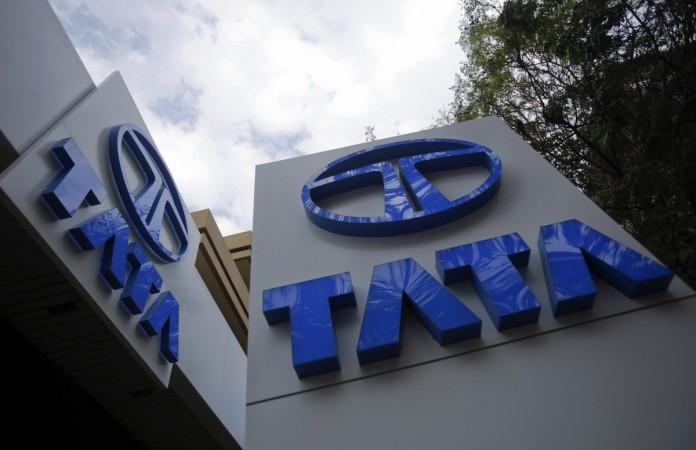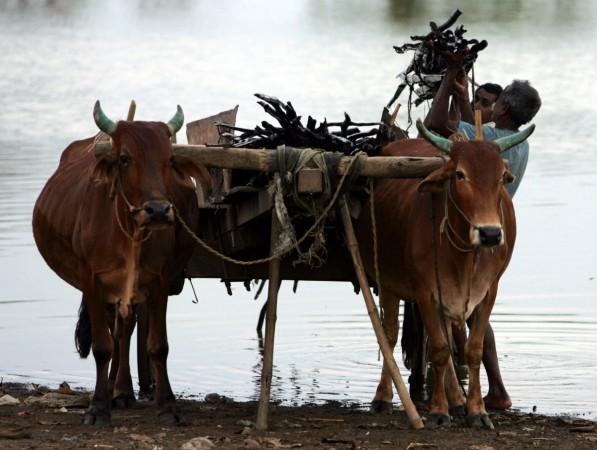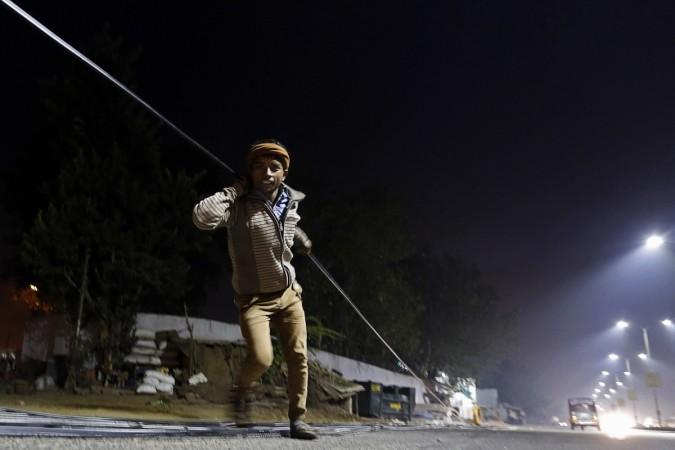
The "Smart Cities Business Unit" of Tata Projects Limited has been awarded the Bharat Net project in Chhattisgarh, worth a whopping Rs 3,057 crore.
The project involves laying of an optical fibre network that follows ring architecture with Internet Protocol - Multi-Protocol Label Switching (IP-MPLS) technology, the Hyderabad-based infrastructure company said on Thursday.
The implementation period for the project is 12 months from starting work. Conceived under the Digital India initiative, the ambitious project will link 85 blocks and 5,987 village panchayats across all 27 districts in the state by providing broadband and mobile phone connectivity.
Chhattisgarh has the lowest mobile network penetration at 29 percent, whereas the national average is 72 percent. According to the company, about 2.6 crore people of the state will directly benefit from the project.

Tata Projects will lay 48 core Optical Fibre Cable (OFC) Network across the state covering 32,466 km.
With the completion of this project, high-speed broadband ranging from 1Gbps to 10 Gbps will be provided free of cost through Wi-Fi hotspots at each village panchayat. This will enable people to leverage the benefits of the internet in their daily life.
Key public services such as Public Distribution System, 102 (Free Ambulance Service) and 108 (Emergency service) will be made available at the gram panchayat level.
Managing Director of Tata Projects Limited, Vinayak Deshpande said that once the project is completed it will help in strengthening Chattisgarh's economy and enable people to lead their lives with much ease.

BharatNet is the central government's plan to connect all of India using optic fibre cables, allowing rural areas to access the internet more easily and at a cheaper cost.
The National Optical Fibre Network (NOFN) aims to connect all the 2,50,000 village panchayats in the country, providing a connectivity speed of 100 Mbps.
The project was implemented in two phases, with phase one ending in 2017 and connecting all planned 1 lakh villages. Phase two, which will attempt to connect the rest of the country is due to be completed in March 2019.

















